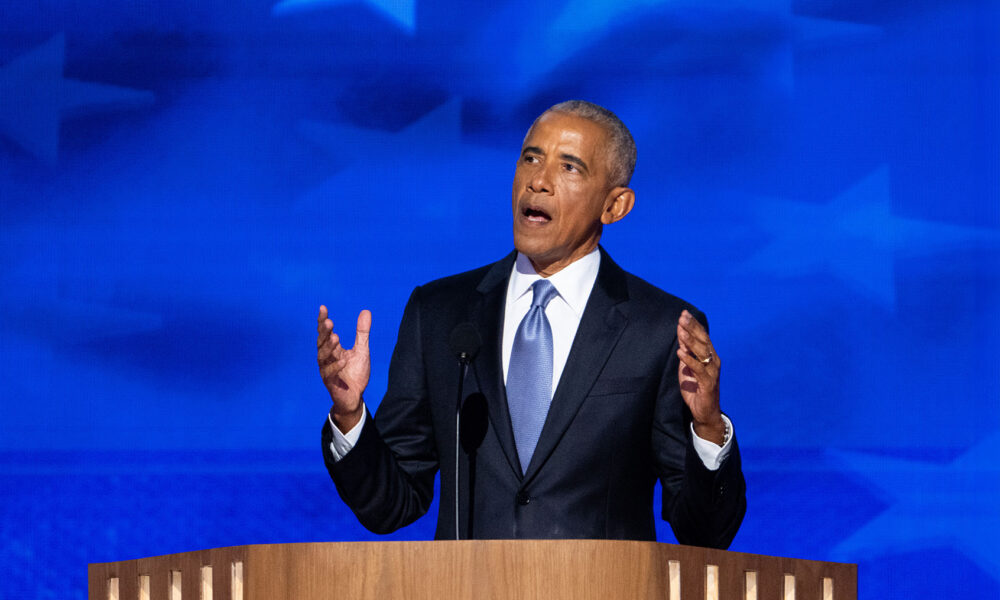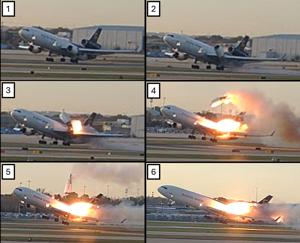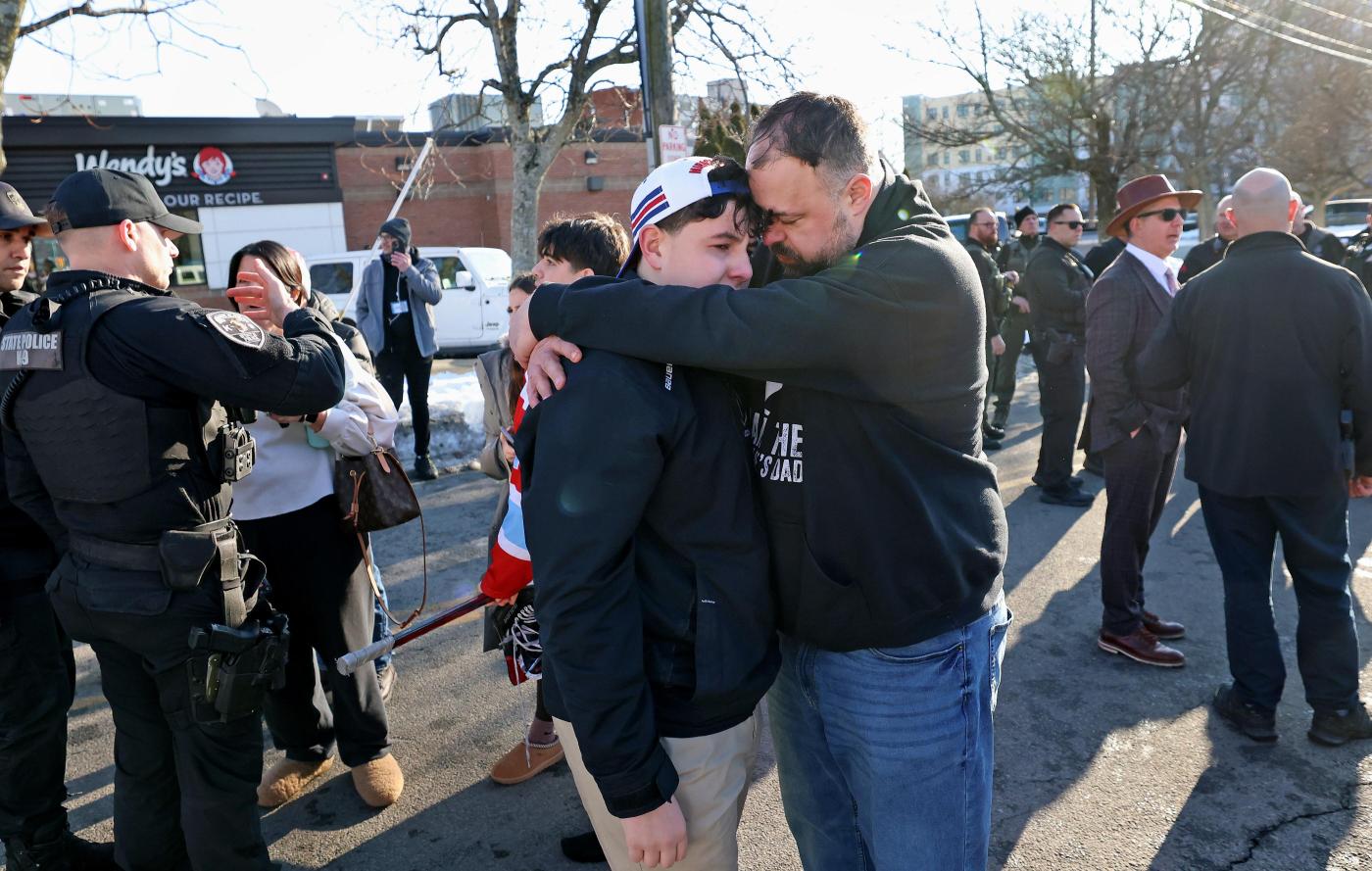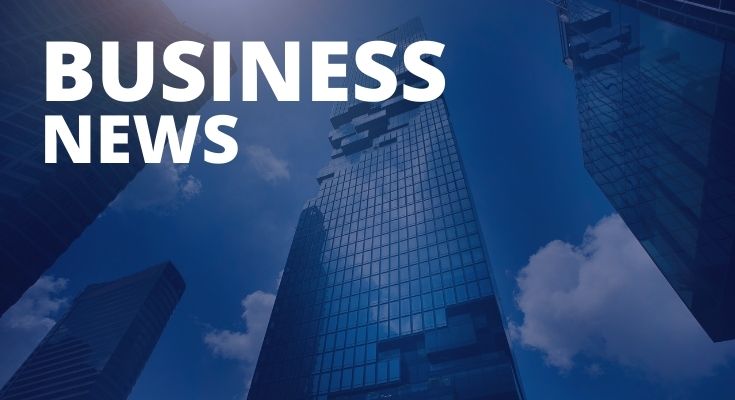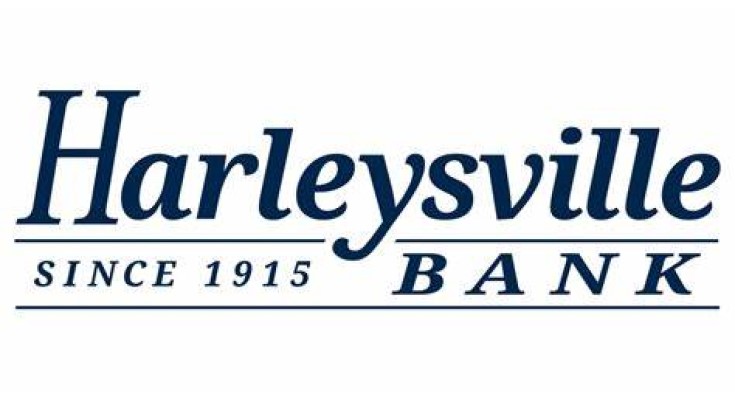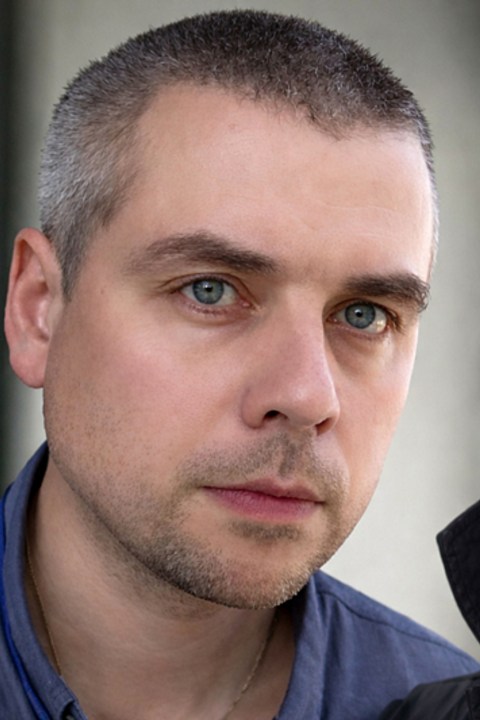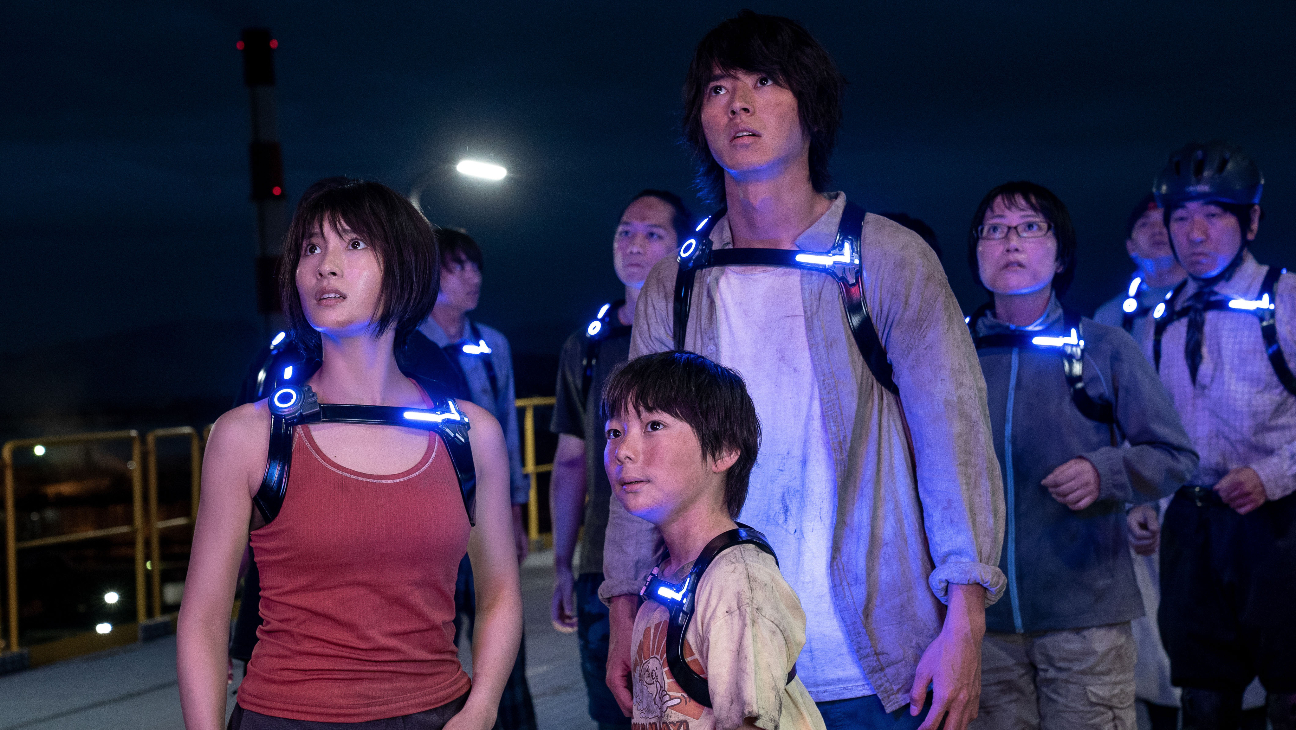Barack Obama has taken a bold step to address the current threats to American democracy, emphasizing the urgency of defending civic values as Donald Trump continues to challenge the nation’s multiracial foundation. In a recent appearance on comedian Marc Maron’s podcast, Obama articulated his concerns about the state of democracy, highlighting the systematic erosion of democratic norms under the Trump administration.
Obama’s silence in the face of Trump’s attacks has raised eyebrows, given his unique position as the first Black president of the United States. He acknowledged the emotional toll of witnessing these developments, stating that while he has adhered to a tradition of former presidents refraining from criticizing their successors, the escalating threats to democracy demand a response.
During the podcast, Obama warned, “America’s democracy is in peril,” while encouraging citizens to organize and resist. He reflected on the past nine months since Trump’s return to office, noting that “a lot of the norms, civic habits, expectations, institutional guardrails that we had, that we took for granted for our democracy, have been weakened deliberately.” He asserted that while these norms have not been entirely destroyed, they have been systematically damaged.
The former president specifically criticized elite institutions—including law firms, universities, and businesses—for capitulating to Trump’s power grab. He described Trump’s plans to deploy military forces in Democratic-led cities as a concerning authoritarian move. “When you see an administration suggest that ordinary street crime is an insurrection or a terrorist act, that is a genuine effort to weaken how we have understood democracy,” Obama stated.
His comments stand in stark contrast to his more optimistic tone during previous discussions, including a 2015 conversation with Maron. The current political landscape has shifted dramatically, as has Obama’s willingness to confront Trump’s actions head-on. In discussions with young pro-democracy leaders from Hungary and Poland, Obama has indicated that he is done being reticent about the dangers posed by Trump’s rhetoric and policies. “We’re seeing politicians target civil society, undermine freedom of the press, weaponize the justice system,” he said, emphasizing the global nature of the struggle for democratic values.
As the political climate continues to deteriorate, Obama feels a growing obligation to voice his concerns. While Trump has threatened him with accusations of treason, Obama remains aware of his safety and the importance of his position as a former president. A recent poll from Marquette University indicates that 57% of Americans view Obama favorably, compared to 42% for Trump, underscoring his enduring influence.
Obama’s insights are rooted in his background as a constitutional law scholar, allowing him to articulate the unprecedented risks facing American democracy. The Democratic Party, struggling to find a unified message nearly a year after the presidential election, has seen Obama step back into the spotlight. According to sources close to him, he is selective about when and how to address Trump’s actions, preferring to engage in discussions of injustice rather than engage in constant criticism.
In this volatile environment, the pro-democracy movement requires fresh leadership from younger generations, but it also benefits from established figures like Obama. The challenge remains: can he mobilize a disengaged populace to rally in defense of democratic principles? Expectations for one leader to effect systemic change can be unrealistic.
During a recent event at Hamilton College, Obama expressed the harsh realities of the current political climate, pointing out the double standards he faced compared to Trump. “Imagine if I had done any of this,” he remarked, highlighting the absurdity of the scrutiny he would have faced for similar actions. His remarks resonated with the audience, who understood the deep-rooted issues of racism and authoritarianism underpinning current political dynamics.
Obama’s presence in the political discourse serves as a reminder of the historical challenges faced by marginalized communities in America. He embodies the nation’s ongoing struggle with race and power, demonstrating the profound impact of leadership in defending democratic values. As the United States navigates these challenges, the call to action becomes increasingly pressing for all citizens to engage actively in the preservation of democracy.

